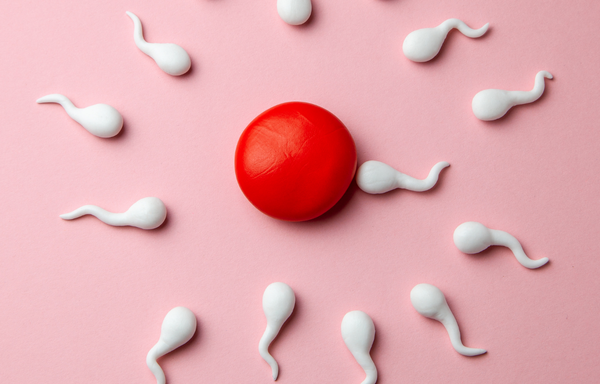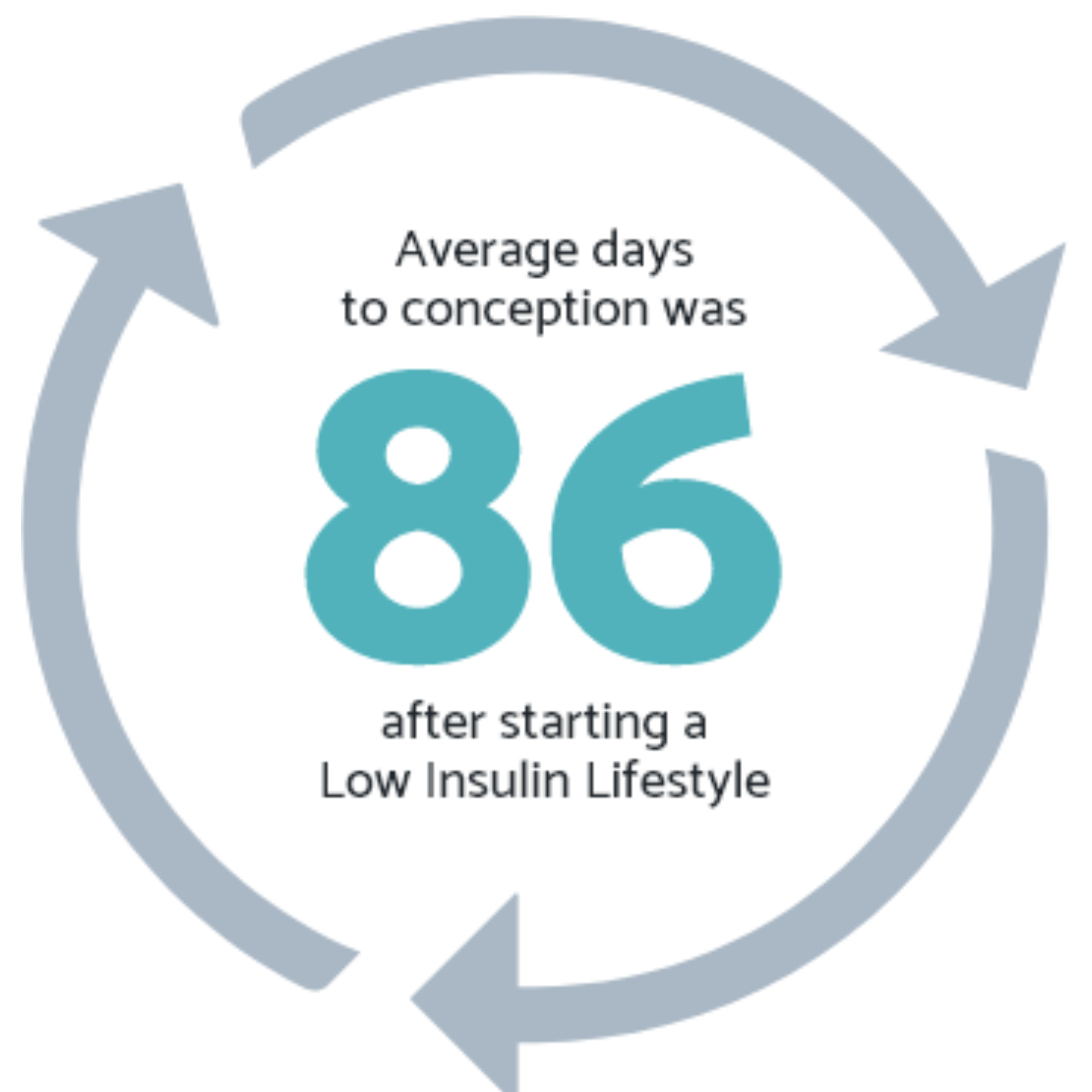

The Case Series: From Infertility to Pregnancy
The journey to pregnancy can be incredibly challenging for women with PCOS. Many are told they’ll need fertility treatments or medications to conceive, leaving them feeling hopeless and frustrated. But what if managing insulin levels was the missing piece of the puzzle?
We’ve long known that metformin can help women with PCOS ovulate and conceive, but what if targeted lifestyle changes could achieve the same—if not better—results?
That’s exactly what this retrospective case series set out to explore. Conducted by an independent group of reproductive endocrinologists and OB/GYNs, the study tracked real-world patients following a Low Insulin Lifestyle to see if improving insulin sensitivity could help restore natural fertility. The results were nothing short of groundbreaking.
Why PCOS Impacts Fertility
PCOS is one of the leading causes of infertility, affecting up to 20% of women worldwide. The main driver? High insulin levels.
Excess insulin triggers the ovaries to produce too much testosterone, which disrupts ovulation and leads to irregular cycles. Without regular ovulation, conception becomes difficult or even impossible.
Most fertility treatments focus on forcing ovulation through medications like Clomid or letrozole, or bypassing the issue altogether with in vitro fertilization (IVF). However, this study suggests that addressing insulin resistance at its root may be a natural way to restore fertility.
Study Overview
This retrospective case series examined PCOS patients who had been struggling with infertility and followed a Low Insulin Lifestyle.
A total of 12 patients who had previously been unable to conceive were tracked, and researchers examined whether their fertility improved simply by changing their diet—without the use of fertility medications.
The Results
The findings were astonishing:
- All 12 of patients resumed regular ovulation after following a Low Insulin Lifestyle
- Pregnancies occurred within an average of 86 days after starting the lifestyle
- Some patients who had previously undergone failed fertility treatments conceived naturally
- No fertility medications were needed for these spontaneous pregnancies
These results support the idea that restoring insulin sensitivity may be the key to restoring ovulation and natural conception.

Why This Study Matters
This case series challenges the conventional approach to treating infertility in PCOS. Instead of immediately jumping to medications or invasive procedures, focusing on lowering insulin levels may allow the body to restore ovulation naturally.
By following a Low Insulin Lifestyle, women with PCOS may significantly improve their chances of conception without needing expensive fertility treatments.
Of course, not every case of infertility is caused by insulin resistance alone, and some patients may still require additional support. However, this study strongly suggests that insulin management should be a first-line approach before resorting to medications or assisted reproductive technologies.
Since most fertility specialists and women’s healthcare providers don’t routinely test insulin levels in patients struggling to conceive, this highlights an important gap in care and reinforces why insulin testing should be a standard part of fertility evaluations.
Next Steps: The RCT
The results of this case series were so compelling that they led to a randomized controlled trial (RCT) comparing the Low Insulin Lifestyle to traditional dietary advice and metformin. The RCT, which followed a much larger patient group, confirmed that the Low Insulin Lifestyle was significantly more effective at reducing insulin levels, restoring ovulation, and improving overall PCOS symptoms.
This growing body of research reinforces what so many women with PCOS have already discovered firsthand: lowering insulin levels is the key to long-term hormonal balance and improved fertility.






















